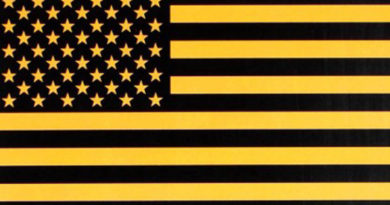The Right to Bear Arms is Meant to Restrain the Government
Article by Steven Clyde
The militia, rather than being a standing army, was an iconoclastic way to prevent standing armies. Without an understanding of what past generations have faced, most are sure to feel irresolute on the issue of guns.
Charles II attempted to disarm England of its firearms in 1671. Years later in 1686, James II banned firearms for Protestants, leaving them only in the hands of the Catholics; what followed was the Glorious Revolution of 1689; also keep in mind that England was 98% Protestant at that time. William of Orange, upon overthrowing the tyrannical regime, proposed a law that read as follows: “That the subjects which are protestants may have arms for their defence suitable to their conditions, and as allowed by law.”
What we have constantly faced, then, is a strategic attempt to deprive us of what makes us human, which is our free will; and what is free will other than an extension of our negative rights carried out through human action?
George III was heavily denounced by the colonists and by Jefferson in the Declaration of Independence for his use of British standing armies, and an effective way of becoming unassailable to this foreign monopoly was through private resistance on the individual level.
Though an often-distorted term from the mouths of political pundits, the founders had a precise definition of what a militia was. Richard Henry Lee, an anti-Federalist, once wrote “A militia, when properly formed, are in fact the people themselves…and include all men capable of bearing arms.” George Mason said “I ask who are the militia? They consist now of the whole people, except a few public officers “ in an address to the Virginity Ratifying Convention of 1788. Furthermore, others like Patrick Henry warned of an army controlled by Congress.
New York’s proposed amendment during this period was telling: “. . .that a well regulated Militia, including the body of the People capable of bearing Arms, is the proper, natural and safe defence of a free State. . .That Standing Armies in time of Peace are dangerous to Liberty, and ought not to be kept up, excess in Cases of necessity; and that at all times, the Military should be under strict Subordination to the civil Power.” The militia, again, was composed of the citizens.



